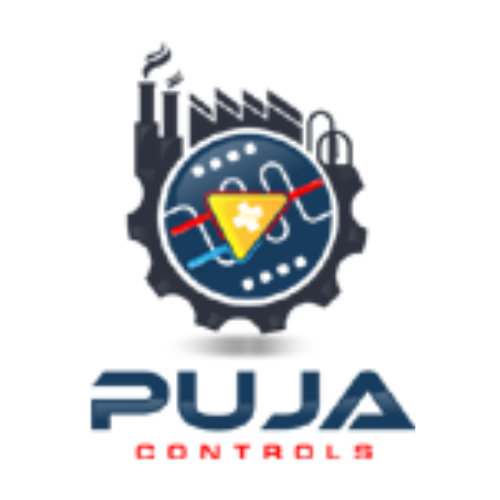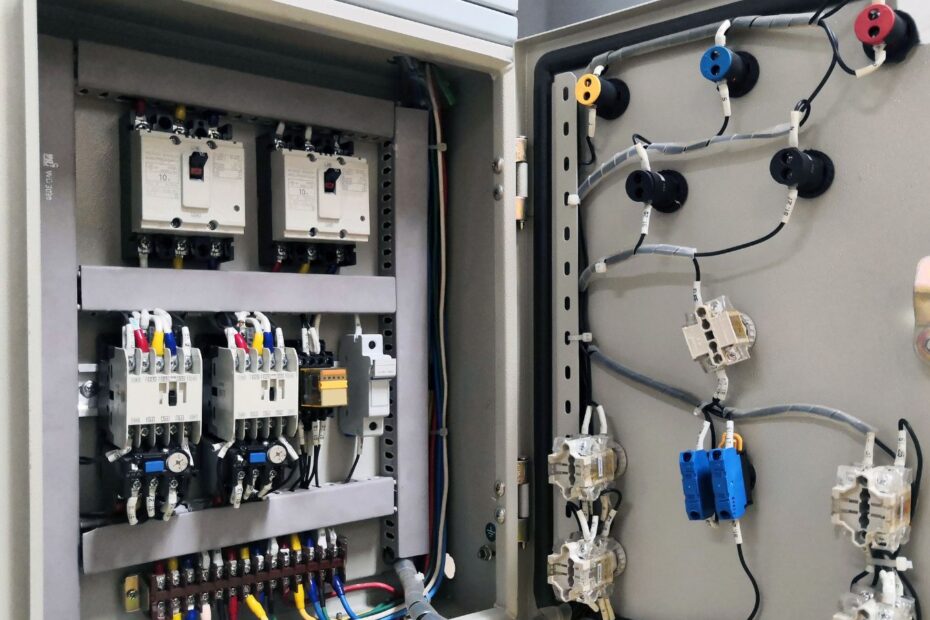In the field of industrial automation, Programmable Logic Controllers (PLCs) serve as essential components, effectively managing machinery and processes. PLC automation panels serve as the interface between human operators and automated systems, enabling seamless operation and monitoring. When it comes to choosing the right PLC automation panels for your industrial setup, two primary options emerge: Original Equipment Manufacturer (OEM) panels and custom solutions. In this article, we will explore the complexities of both choices. W will analyze their advantages and disadvantages to assist you in making a well-informed choice.
Understanding PLC Automation Panels
Before we jump into the comparison, let’s briefly understand what PLC automation panels entail. PLCs are specialized industrial computers programmed to control manufacturing processes or machinery. They gather data from sensors or user interfaces, process this information, and activate outputs according to predetermined logic. PLC automation panels typically consist of the PLC hardware. Also, human-machine interface (HMI), input/output modules, power supplies, and other necessary components housed in a control enclosure.
OEM PLC Automation Panels:
OEM PLC automation panels are pre-built solutions provided by manufacturers such as Siemens, Allen-Bradley, or Mitsubishi. Manufacturers design these panels to meet common industrial automation needs, making them readily available off-the-shelf.Here are some key considerations
Pros:
- Reliability: OEM panels are manufactured to meet industry standards and undergo rigorous testing, ensuring reliability and robustness.
- Ease of Integration: OEM panels are designed to work with specific PLC brands, they often offer seamless integration with existing systems and components.
- Support and Maintenance: Manufacturers provide comprehensive support and maintenance services, including software updates and troubleshooting assistance.
- Cost-Effective: In many cases, OEM panels are cost-effective compared to custom solutions, especially for standard applications.
Cons:
- Limited Customization: OEM panels may lack the flexibility to tailor the design according to specific requirements, leading to compromises in functionality or aesthetics.
- Dependency on Manufacturer: Users are reliant on the manufacturer for updates, spare parts, and technical support, which can sometimes lead to delays or limitations in service.
Custom PLC Automation Panels:
Specialized integrators or system integrators typically build custom PLC automation panels as tailor-made solutions designed according to the specific requirements of the application or industry. Here’s a closer look at their attributes:
Pros:
- Tailored Solutions: Custom panels offer enhanced functionality, performance, and scalability by precisely fitting the needs of the application.
- Flexibility: Users have the freedom to choose components, interfaces, and features, allowing for greater flexibility and customization.
- Ownership and Control: With custom panels, users have more control over the design, development, and maintenance processes, reducing dependency on external suppliers.
- Potential for Innovation: Custom solutions can incorporate cutting-edge technologies or unconventional approaches, enabling innovation and competitive advantage.
Cons:
- Higher Initial Investment: Custom panels often entail higher upfront costs due to design and development efforts, as well as component procurement.
- Longer Lead Times: Building custom panels takes time, from design and fabrication to testing and deployment, which can lead to longer lead times compared to off-the-shelf solutions.
- Technical Expertise Required: Deploying custom panels may require specialized technical expertise for design, programming, and integration, which can pose challenges for some organizations.
Conclusion:
In the debate between OEM and custom PLC automation panels, there is no one-size-fits-all answer. The choice ultimately depends on factors such as budget, project requirements, timeline, and the level of customization needed. OEM panels offer reliability, ease of integration, and cost-effectiveness, making them suitable for standard applications with limited customization needs. On the other hand, custom panels provide tailored solutions, flexibility, and potential for innovation, making them ideal for complex or specialized applications where off-the-shelf solutions fall short.
Regardless of the option chosen, investing in high-quality PLC automation panels is essential. It ensures efficiency, safety, and reliability of industrial automation systems. Whether you opt for an OEM solution or custom-built panel, thorough evaluation is necessary. Consultaion with experts can help you make the right decision for your specific needs.

